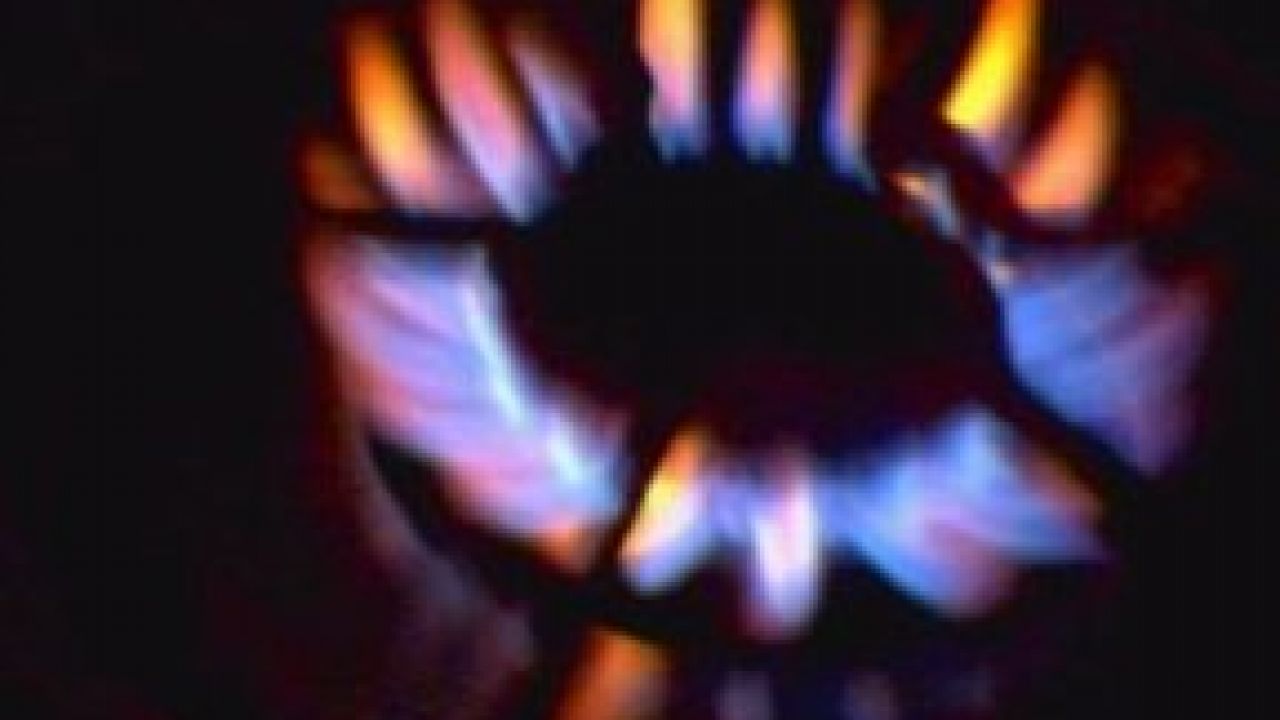
New York Times columnist Thomas Friedman is only the latest of a number of commentators who have been advancing the dubious argument that expanding use of natural gas is mitigating climate change.
“It's great that shale gas is replacing coal as a source of electricity, since it generates less than half the carbon dioxide,” Friedman wrote in a column on March 9. That’s true as far as it goes, but it doesn’t go far enough – not by a long shot.
Rising levels of carbon dioxide and other “greenhouse gases” in the atmosphere are considered responsible for the rise in global temperatures since the industrial revolution, according to a widely accepted scientific consensus. It’s a trend that has been linked to the increasing frequency of extreme weather events, including severe droughts, hurricanes and other severe storms, intense rainfall, flooding, habitat disruption and other harms.
Friedman is right that burning natural gas emits significantly less carbon dioxide than burning coal, but recent studies have found that using natural gas may actually release more greenhouse gases over its lifecycle. That’s because quantities of raw methane, a major component of natural gas, escape into the atmosphere during natural gas extraction, production and distribution. Methane is 20 times more potent as a greenhouse gas than carbon dioxide, so the releases add considerably to the effect of the carbon dioxide emissions when the gas is finally burned. Boosters of natural gas often omit this aspect.
Robert Jackson, a professor of biology and global environmental change at Duke University, has been doing research that sheds new light on this issue. Jackson and colleagues have been driving city streets in Boston and Washington, D.C. in cars fitted with methane detectors, hunting for methane leaking from underground gas pipes. Last fall, the team reported that it had found 3,356 leaks in Boston alone.
Washington “looks like it has both more leaks and bigger leaks than Boston,” Jackson told The Washington Post.
His research will be critical in determining just how much methane escapes from natural gas from the time it is extracted until when it is burned in homes, power plants and factories. This data will help determine whether gas delivers real benefits for climate change – or whether its promise is largely illusory. The research will also give utilities the opportunity – and an incentive – to plug their gas leaks, both to prevent pollution and, potentially, explosions.
Given the eye-opening findings by Jackson and his team, perhaps other cities will be inspired to track down their own gas leaks. And perhaps more commentators and public officials will begin to acknowledge that emissions must be considered across the entire lifecycle of natural gas.



